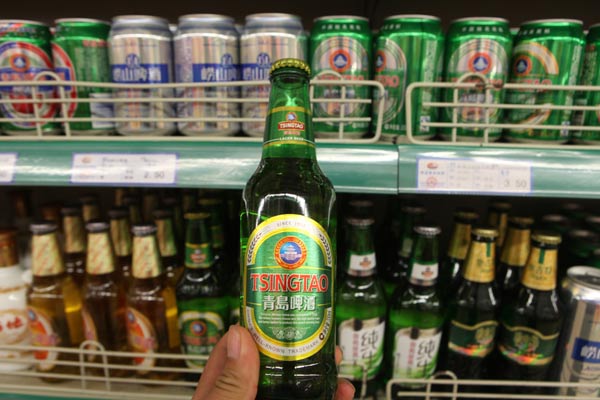Bayer Group reaps 'successful' fiscal year in 2012
Leverkusen - Bayer Group has registered a "very successful year" in 2012, as all subgroups posted gains in sales and earnings before special items, said Bayer CEO Marijn Dekkers at the Financial News Conference in Leverkusen on Thursday.
"We continued to grow dynamically and achieved our targets for the Group. All the subgroups posted gains in sales and earnings before special items," he said.
The life-science businesses registered particularly rapid growth and were strengthened by further progress in the innovation pipeline. Moreover, Bayer sharply expanded business in the emerging markets. Dekkers expressed his confidence for the company's future development: "We expect to continue our record development in 2013 and beyond."
Sales of the Bayer Group grew by 8.8 percent in 2012 to hit 39,760 million euros ($51,668 million). "Sales thus reached the highest level in our company's 150-year history," said Dekkers. Adjusted for currency and portfolio effects (Fx& portfolio adj.), sales were up by 5.3 percent. The gain in the emerging markets, at 7.4 percent (Fx& portfolio adj.), was twice as large as in the industrialized countries. "In other words, our strategic focus on these markets of the future – and the investments we are making there – are paying off," Dekkers said.
EBIT declined by 4.6 percent to 3,960 million euros (2011: 4,149 million euros). Special items totaled minus 1,711 million euros (2011: minus 876 million euros). They included 1,186 million euros in litigation expenses in connection with the Yasmin™/YAZ™ line of oral contraceptives. Of this figure, 455 million euros was taken in the fourth quarter of 2012, primarily in connection with further provisions for the settlement in the United States of venous clot injury claims of which Bayer is currently aware and anticipated future claims.
Further special charges for the year overall included 396 million euros for restructuring measures and 289 million euros for impairment of intangible assets. An offsetting effect came from gains of 158 million euros from divestitures and 114 million euros in adjustments of benefit entitlements.
EBIT before special items increased by 12.9 percent to 5,671 million euros (2011: 5,025 million euros). EBITDA before special items rose by 8.8 percent to 8,284 million euros (2011: 7,613 million euros). Contributing to this were a good business performance and savings from the efficiency program successfully completed in 2012. Earnings also benefited from positive currency effects totaling about 400 million euros. Net income declined slightly by 1.0 percent to 2,446 million euros (2011: 2,470 million euros). Core earnings per share, however, improved by 10.8 percent to 5.35 euros (2011: 4.83 euros).
Gross cash flow fell by 11.1 percent to 4,599 million euros (2011: 5,172 million euros), while net cash flow declined by 10.4 percent to 4,532 million euros (2011: 5,060 million euros). Net financial debt was level with Dec 31, 2011, at 7 billion euros.
"This included additional funding of 1 billion euros for our pension fund in the fourth quarter of 2012," said Chief Financial Officer Werner Baumann. "Our outstanding financial liabilities have a balanced maturity structure. We therefore intend to continue making repayments in the coming years entirely from our available liquidity and current cash flows," Baumann added.
Good progress with products from the pharmaceuticals pipeline
Sales of the HealthCare subgroup increased by 8.4 percent (Fx& portfolio adj. 4.2 percent) in 2012 to 18,612 million euros (2011: 17,169 million euros). Both segments – Pharmaceuticals and Consumer Health – contributed to this increase.
Business in the Pharmaceuticals segment improved by 4.2 percent (Fx& portfolio adj.) to 10,803 million euros. "At Pharmaceuticals, we made good progress with the marketing of new products from our pipeline," Dekkers said. He explained that sales in the emerging markets and North America had developed particularly well, with growth rates of nearly 8 percent. In Europe, on the other hand, business was restrained due to the adverse economic conditions and a difficult health policy environment.

















